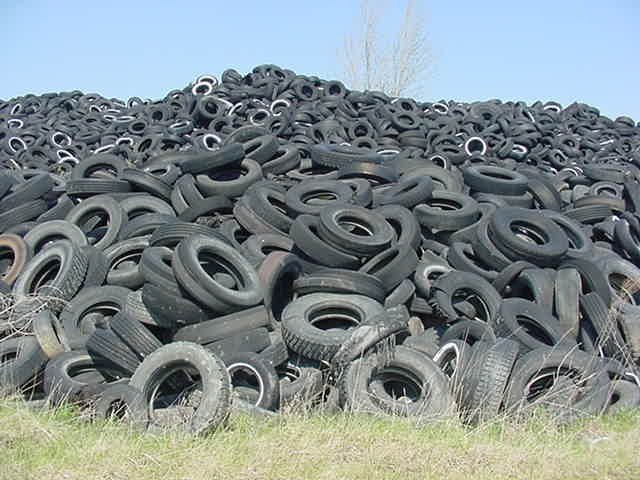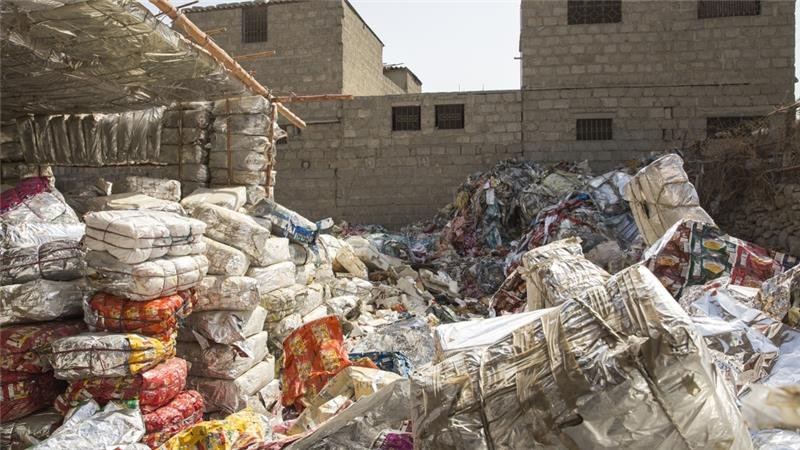‘Woke’ to recycling
Claire Tracey is an artist who works with waste to raise awareness of the problems presented by waste and our attitudes toward it. She started using ‘found‘ plastic bottles to make large scale artworks in 2010.
Claire Tracey is an artist who works with waste to raise awareness of the problems presented by waste and our attitudes toward it. She started using ‘found‘ plastic bottles to make large scale artworks in 2010.
Agricultural use of single-use-plastics dwarves domestic use, Jenny Brown of Envorinex told a crowd of forty at The Precinct in Brisbane last night. The good news is that the company which she founded and heads as managing director, is doing something about it. A manufacturer of plastic goods for industrial and infrastructure applications since 2003, Continue Reading →

When Ipswich Council in Queensland stopped its recycling program early in 2018 because China stopped accepting our rubbish many citizens began to wake up to the reality that much of our recycling is just rubbish anyway. That was the title of a much republished article by Giovanni Ebono in the 2007 book Sydney’s Guide to Continue Reading →

The 53 million tyres thrown away in Australia each year may become a valuable source of energy thanks to a company that has developed a commercially viable process for producing diesel oil from the rubber. The process reduces the tyres to oil, steel, carbon black and methane gas. 100% of the material from the tyre Continue Reading →

After twenty years of converting plastic waste into low-cost shelters, Pakistani activist Nargis Latif has sought international support for her project, Gul Bahao. The project aims to create comfortable, safe spaces in the earthquake prone slums of Karachi, by using bundles of plastic waste as a building material. The result is a loose brick that Continue Reading →

Waste is big business. Australians spend over $2billion each year on disposing of around 30 million tonnes of waste. Over 1700 companies operate in the waste disposal sector employing about 10,000 people. The waste management industry is bigger than sugar or cotton and only marginally smaller than Australia’s annual export of grapes.
Big business it may be, but that two billion dollars produces nothing and, while it adds to the published GDP, adds no value to the economy. In an attempt to reduce the rising costs of landfill governments actively promote recycling.
As individuals, Australians enthusiastically embrace recycling. We separate paper, glass, metals and recyclable plastic from the rest of our rubbish. Many of us compost kitchen scraps and garden waste, some councils offer a third, green topped bin for garden waste.
We get a warm inner glow from carting the yellow (or purple) topped wheelie bin into the street once a fortnight, confident that we can save our grandchildren from a mad Max future. They shall not fight over the few, remaining resources among the remnants of a once great civilisation, just so long as we sort our rubbish.
This view is over simplistic. In fact, something about the waste management business smells and it is not just the unwashed wheelie bins.